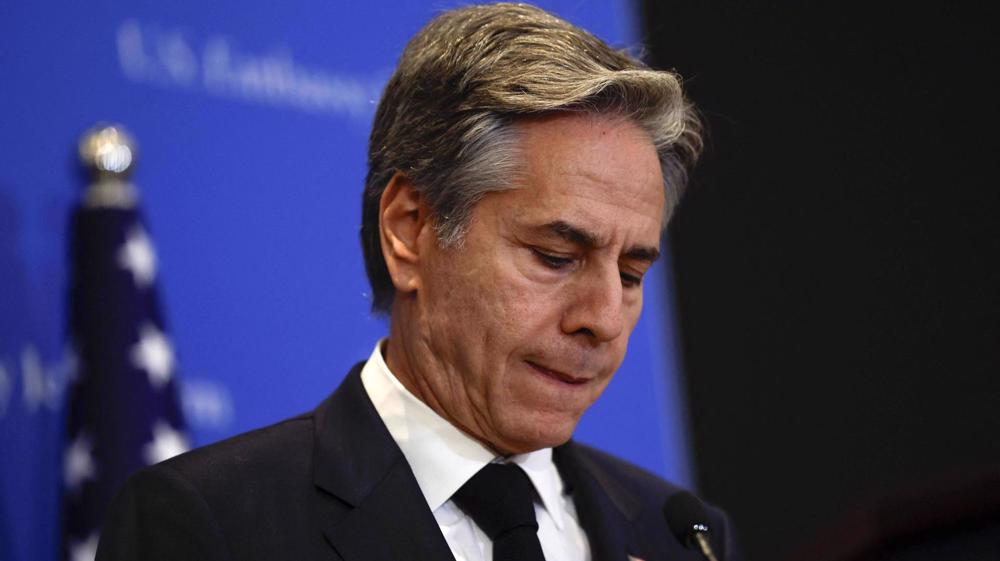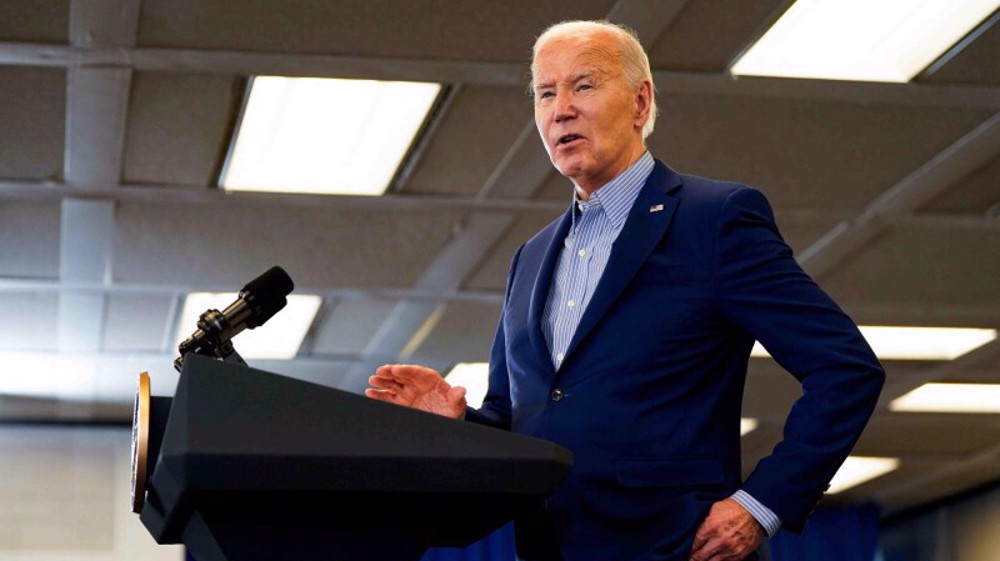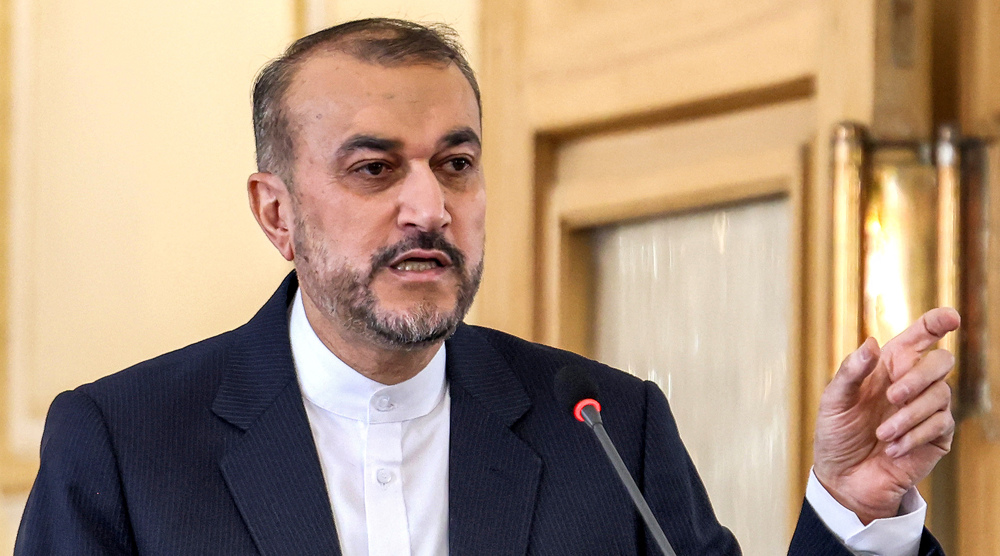Imposing new sanctions on Iran could be dangerous, Kerry warns
Former US Secretary of State John Kerry has warned the administration of Donald Trump against imposing new economic sanctions against Iran, saying such a move could push the country into a corner and that would be dangerous.
Speaking at a fundraising event in San Francisco on Monday, Kerry said that new sanctions could send a message to the people of Iran that there is no gain for them in the 2015 nuclear agreement reached between the Islamic Republic and six major powers.
"If we become super provocative in ways that show the Iranian people there has been no advantage to this, that there is no gain, and our bellicosity is pushing them into a corner, that's dangerous and that could bring a very different result," Kerry said.
Last month, the Senate's Foreign Relations Committee voted in favor of legislation that would authorize Trump to impose new sanctions on Iran over its missile program, which Tehran has repeatedly said is defensive.

The bill needs the approval of the Senate, the House of Representatives and President Trump to become law.
According to reports published on Monday, Republican Senate Majority Leader Mitch McConnell is pushing the Senate toward passing tougher sanctions against Iran.
Hawkish Senator Lindsey Graham told reporters last month that he would try to add new Russia sanctions to the Iran bill if it made it to the Senate floor.
"I'm glad we're doing something on Iran [sanctions], but if the bill comes out of committee on the floor I'm going to add Russian sanctions to it. Try to anyway," Graham told reporters.

Read More:
Iran and the five permanent members of the United Nations Security Council -- the United States, France, Britain, Russia and China -- plus Germany started implementing the nuclear agreement, dubbed the Joint Comprehensive Plan of Action (JCPOA), on January 16, 2016.
In February, President Trump undermined the multilateral deal by introducing a new round of sanctions against Iran following the country’s successful test-launch of a ballistic missile, which Washington said was a breach of the JCPOA.

The US Treasury Department said Washington had imposed sanctions on 13 individuals and 12 entities as part of an effort to ratchet up pressure on Iran over its missile program.
The United States claims that Iran's recent missile test violated Resolution 2231 that endorsed the Iran nuclear agreement.
Tehran insists its missile tests do not breach any UN resolution because they are solely for defense purposes and not designed to carry nuclear warheads.
Iraqi resistance forces hit Israeli Ovda air base
Hackers break into Israeli military’s computers, access trove of documents
Tulkarm Brigade commander killed by Israeli forces in raid on refugee camp
Zionist media desperately trying to turn Israeli defeat into victory: Iran
VIDEO | Press TV's news headlines
Iran censures US veto of Palestinian request for full UN membership
Over 14,000 kids killed in Israel’s war on Gaza: UNICEF
VIDEO | Iran’s National Army Day marked at the Iranian embassy in Moscow










 This makes it easy to access the Press TV website
This makes it easy to access the Press TV website